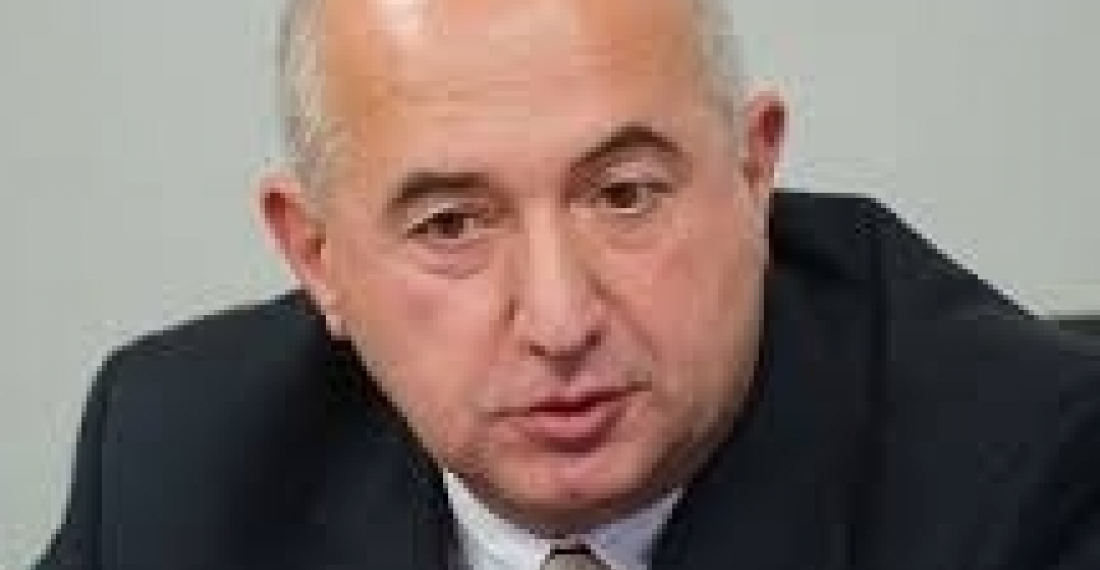Yerevan, March 18. ArmInfo.
The Georgia-based Armenians have appeared with demand that the Georgian authorities ratify the European Charter for Regional or Minority Languages, and this has provoked a new conflict between Georgian President Mikheil Saakashvili and Prime Minister Bidzina Ivanishvili, reports Kommersant.
The demand has come from Akhalkalaki in Samtskhe Javakheti, a Georgian region with mostly Armenian population.
The speaker of the local parliament Hamlet Movsesyan says that the initiative comes from Ivanishvili's Georgian Dream Party. "Georgia joined the Charter in 1999 but has not ratified it to date," says Movsesyan.
Georgian Minister for Reintegration Paata Zakareishvili notes that it was Saakashvili who urged Georgia in 1999 to promise to ratify the charter. He was an MP then, and his argument was that this would help the country to join the Council of Europe. "So, now he has no other way but to ratify the Charter," says Zakareishvili.
Experts believe that Georgia will do it. "Our Government should have long ratified the Charter. But now if it does it under the pressure of the Armenian minority, things will look in a somewhat different way," says professor of linguistics Kakha Gabunia.







